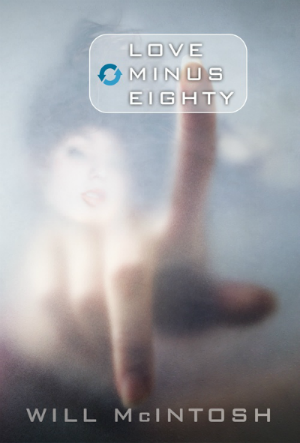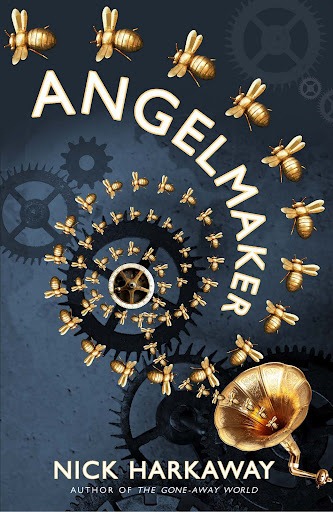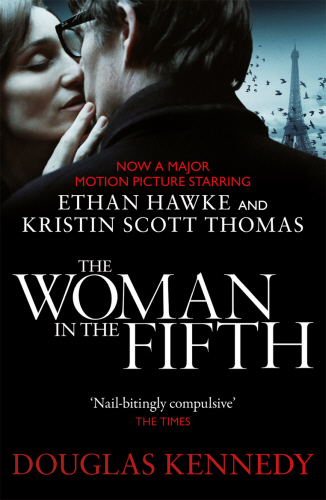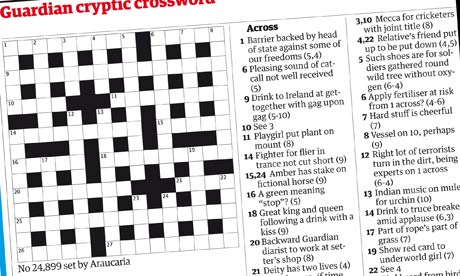Going to Sea in a Sieve by Danny Baker - 10/10
I started it before we set off but as I finished it on holiday I guess it counts. He has a wealth of stories and tells them well. Find out how he didn't kill Bob Marley, he's not David Essex's brother and all about his intimate encounter with one of the cast from Hair. And laugh, a lot.
Love Minus Eighty by Will McIntosh - 7/10
Death doesn't have to mean the end of love, so long as you're pretty enough. Even if you're still alive you may not stand much of a chance unless all your social networking profiles are right and if you become disconnected from that then what chance do you stand? A decent enough look at love and social networks in the near future.
 Waging Heavy Peace by Neil Young - 11/10
Waging Heavy Peace by Neil Young - 11/10Being a Neil Young fan but loth to buy books in hardback, I've been waiting for the paperback version of this since before christmas. And I wasn't disappointed. If you want all the facts and figures then read 'Shakey' by Jimmy McDonough but if you want a real insight into the personality and life of the man then this is the book to read. It rambles and roams through his life, his family and his passions and always seems to come back to his current twin obsessions of his electric car project, Lincvolt and his campaign for better sound quality in digital music, Pono.

Gone Girl by Gillian Flynn - 9/10
I didn't take this book on holiday, my wife did and she enjoyed it so much that I had to read it to find out what all the fuss was about and so that she could talk about it to me. And I'm very glad I did.
The Thousand Emperors by Gary Gibson - 8/10
Always on the lookout for a new sci-fi author that doesn't go on too much (really, a 600+ page brick generally turns me off when it comes to sci-fi), I found this and rather liked it. I'll probably search out some more.
Archipelago by Monique Roffey - 8/10

I'd tried to read one of her earlier books on the recommendation of my wife but gave up after about 30 pages as it didn't engage me in the slightest. But this one did. A simple, beautifully told story about a man who sails off in search of himself after a traumatic life event.
The Godfather by Mario Puzo - 7/10
I haven't finished it yet but I will soon. It's not fantastic prose but it's such a great story and although I've seen the first 2 films, I've never read the book.








